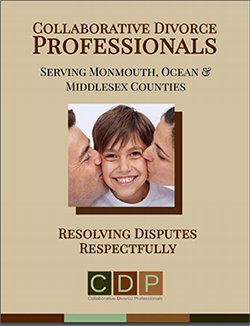What is Divorce Mediation And Why It May Be A Better Alternative
by C. Catherine Jannarone, Esq.
Stephen R. Covey wrote, “Most people do not listen with the intent to understand; they listen with the intent to reply.” That pretty much sums it up when it comes to the reason so many divorces play out like the popular 1989 movie The War of the Roses. It may also the reason mediation is so often successful in helping couples end their marriages more quickly, peacefully and for significantly less cost.
In the movie, starring Michael Douglas and Kathleen Turner, the couple ends up in an over the top vicious divorce that ultimately results in their demise. The truth is most couples really don’t want it to end like that. They just want to move on with their lives. They want to know that their interests are protected and that they will be able to make it on their own.
The problem is that the end of a marriage is a highly emotional experience. People go through a wide range of emotions including denial, anger, resentment, and depression. It isn’t surprising that many struggle to think rationally and make level headed decisions about the future of their families under these conditions. There is also fear that arises out of a perceived lack of control under these circumstances. The end result of this overwhelming emotional roller coaster is a volatile situation which can be made worse by litigation like fanning the flames of a fire. Maybe that is why, Gavin D’Amato , the lawyer played by Danny DeVito in The War of the Roses, says to a client, “A civilized divorce is a contradiction in terms.”
Gavin D’Amato apparently didn’t know anything about mediation. Mediation is an alternative to traditional divorce litigation that allows couples to come to an amicable resolution without going to court. In mediation, a neutral party (the mediator) sits down with the couple, helps them identify the issues that need to be resolved and come to an agreement.
Divorce Mediation
Mediation provides a structured and confidential environment for negotiation and discussion. The mediator not only keeps the discussion on point but ensures that each party has a captive audience. Because the mediator is a neutral third party without emotional involvement, he or she can truly listen with the intent to understand (and not just with the intent to reply), In fact, one of the mediator’s primary roles is to understand where each party is coming from and then to assistant them in finding a mutually acceptable resolution. In addition, mediation gives the couple control over the process and therefore removes the fear of the unknown that so often drives personal attacks and blame in traditional divorce.
After the couples reach an agreement, the mediator will then prepare a non-binding summary of the issues called a Memorandum of Understanding which each party can take to their attorney for review and inclusion in the divorce judgment.






